Understanding the 300kw Hydro Turbine Generator
The 300kw hydro turbine generator stands as a pivotal component in the realm of renewable energy solutions. This category encompasses a range of systems designed to harness the kinetic energy of flowing water to generate electricity. Predominantly utilized in small to medium-scale hydroelectric stations, these generators are engineered to meet the energy demands of various industrial applications.
Types and Configurations
Diverse in type, the hydroelectric turbine generator comes in several configurations, each tailored to specific water flow conditions and head heights. The selection includes impulse and reaction turbines, with subtypes like Kaplan, Francis, and Pelton, each offering unique operational benefits. Understanding the nuances of each type is crucial for optimal energy production and efficiency.
Technical Specifications and Features
When delving into the technical realm of a 300 kilowatt hydro generator, one encounters specifications such as flow rate, head, and efficiency. These generators are equipped with robust components capable of withstanding the rigors of continuous operation. Features may include advanced control systems for optimal performance and durable materials resistant to corrosion and wear.
Materials and Durability
The construction of a hydro power turbine generator involves materials that ensure longevity and reliability. Stainless steel is commonly used for its resistance to rust, while other composites may be employed for their strength-to-weight ratios. The choice of materials impacts the generator's ability to perform in various environmental conditions without compromising its structural integrity.
Applications and Energy Production
The application of a 300kw water turbine generator spans across numerous sectors, including rural electrification, agricultural operations, and small-scale industrial power generation. These generators are adept at converting the potential energy of stored water into a continuous and stable power supply, contributing to the grid or serving as a standalone power source.
Environmental Impact and Advantages
Adopting a renewable energy hydro turbine not only aids in reducing carbon footprints but also offers a sustainable alternative to fossil fuels. The advantages of such systems include their low operational costs, minimal environmental disruption, and the ability to provide a renewable source of energy that aligns with global sustainability goals.



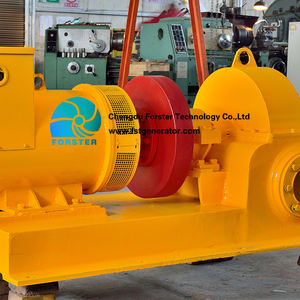

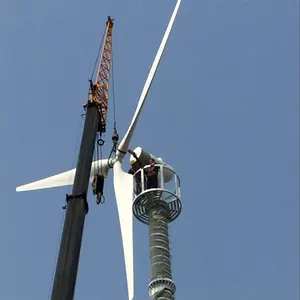

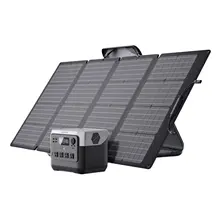







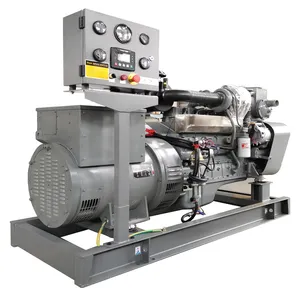
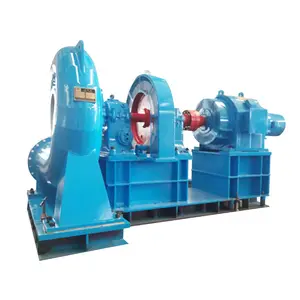
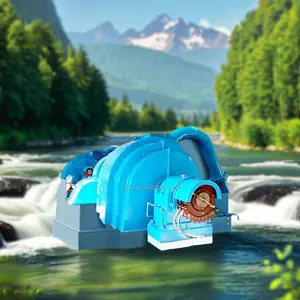
















 浙公网安备 33010002000092号
浙公网安备 33010002000092号 浙B2-20120091-4
浙B2-20120091-4